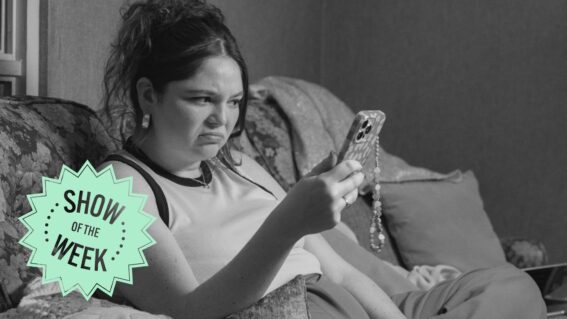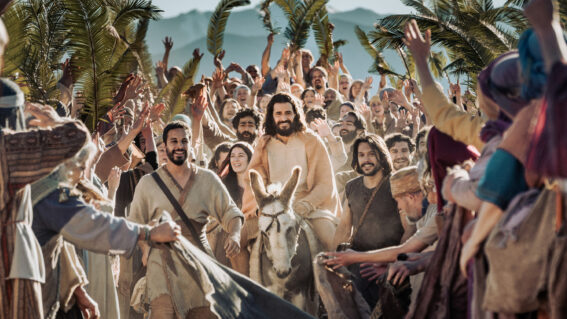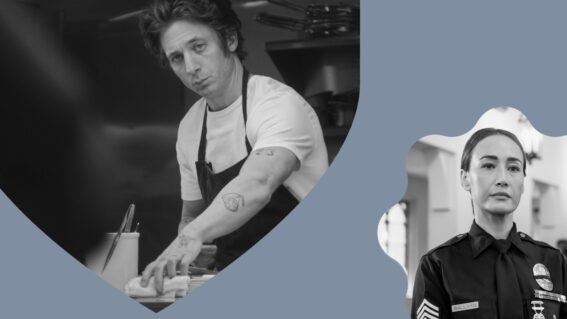All the ways The Flash’s time-hopping shenanigans are a flashpoint for comic book movies
Your guide to where The Flash sits in the universe-splintering pantheon of superhero pics.
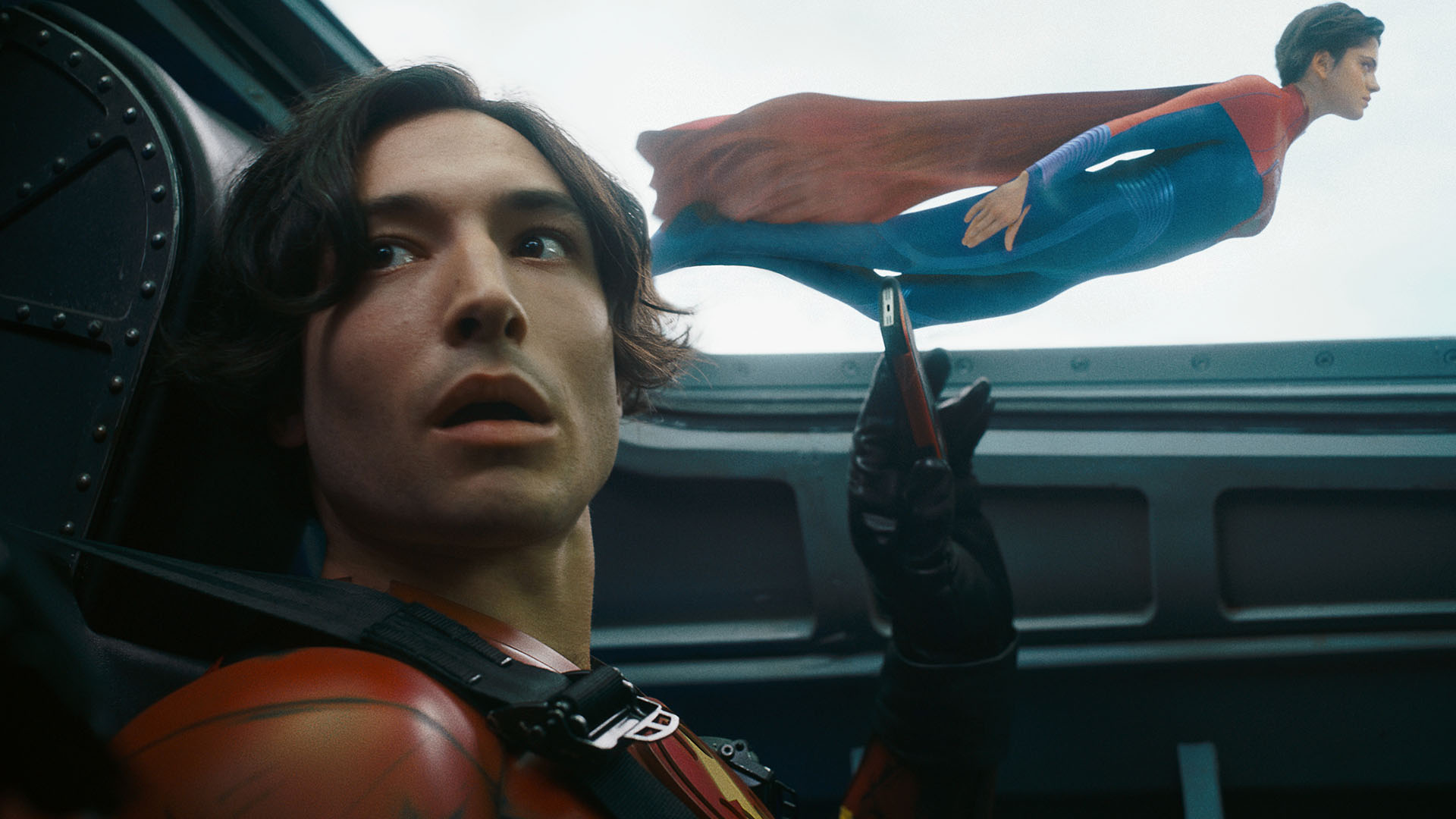
The Flash is poised to race into cinemas and with it, the latest time-hopping, universe-splintering saga. Rory Doherty looks at where this new entry sits among different cape-wearing trends and similar converging plot devices.
It’s finally arriving, and not a moment too soon—although a nine year gap between announcement and release isn’t exactly what you’d call speedy. The Flash was originally intended as the launchpad for a dozen interdimensional crossovers and spinoffs, but it now serves as a swansong for the DCEU—home to the SnyderVerse and Margot Robbie’s Harley Quinn—before James Gunn’s DC Universe franchise takes the reins. So long, DCEU. You tried.
The Flash, with all its time-hopping, universe-splintering shenanigans, feels like a flashpoint for a specific type of comic book film—where loads of different cape-wearing trends and plot devices converge. Feeling overwhelmed? Here’s your guide to where The Flash sits in the superhero pantheon.
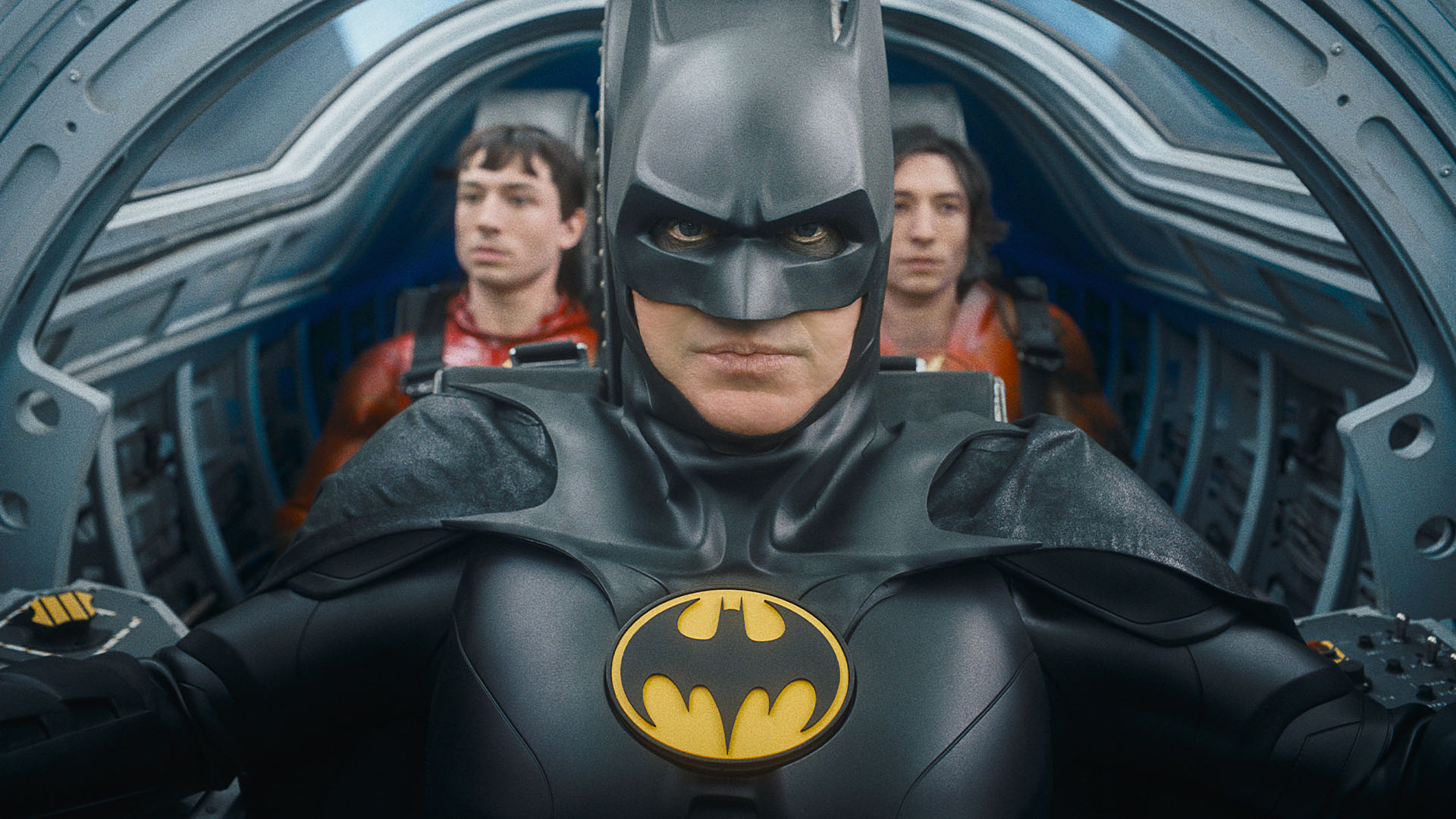
Legacy Superhero Nostalgia
DC’s been playing catch up with Marvel for over a decade, but DC have always had a couple aces up their sleeves—Batman and Superman. The world’s most iconic superheroes enjoyed the spotlight for decades before Iron Man or Thor came along, immortalised through a couple classic cinematic renditions that, even today, conjure up warm feelings.
Tim Burton’s Batman and Batman Returns may be most famous for their cackling villains and gothic vibes, but Michael Keaton made the Caped Crusader his own—and set the standard that Bruce Wayne actors are still competing with today.
Keaton is back in The Flash, but not as a cameo like Patrick Stewart in Doctor Strange in the Multiverse of Madness. He’s a fully-formed supporting character, mirroring the reverence Tobey Maguire got in Spider-Man: No Way Home. Seeing Keaton don the cape and cowl after all this time feels like everything’s come full circle—especially after he led a prestigious superhero actor parody with Birdman and showed us winged villainy as the Vulture.
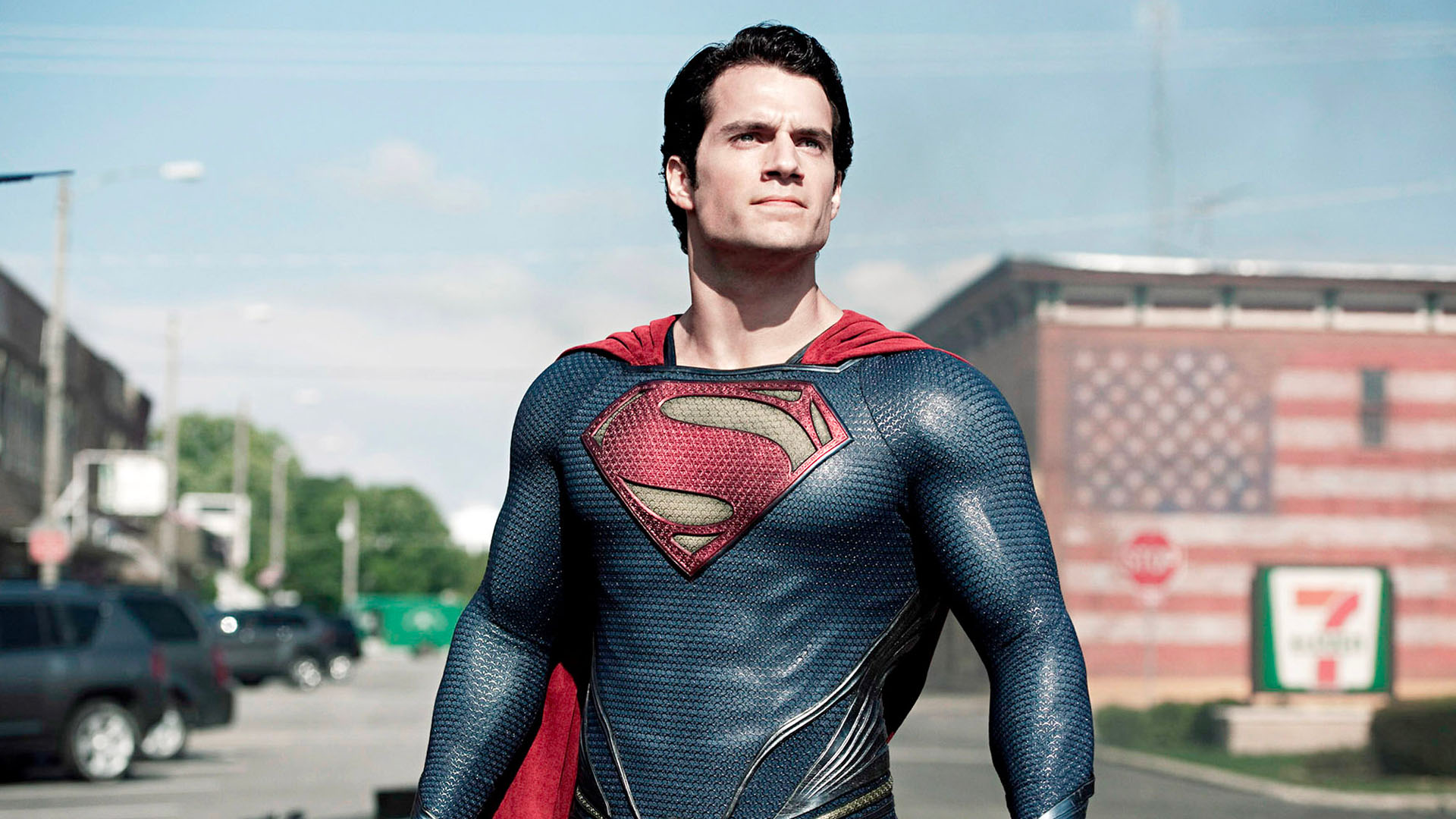
SnyderVerse Nostalgia
Looking back at DC’s recent tenure, it’s clear that Zack Snyder was their biggest hitter—a cause that was invigorated after the poor treatment he received from Warner Bros. But, regardless of your takes on Man of Steel, Batman v Superman, or Zack Snyder’s Justice League, the trilogy are some of the few DCEU films that don’t feel overly corporatised; they are clearly made from a singular vision, something that’s increasingly rare for superhero movies and warrants our attention.
Now, ten messy years later, The Flash wants us to whiz us back the heavily colour-corrected, snap-zoomy days of Man of Steel, bringing back the Kryptonian invaders led by the peerless Michael Shannon as Zod to wage war on an alternate Earth, one with no Superman but home to his younger cousin, Kara Zor-el (Sasha Calle). Now that Snyder reappraisal has run its course, callbacks to Man of Steel feel perfectly pitched.
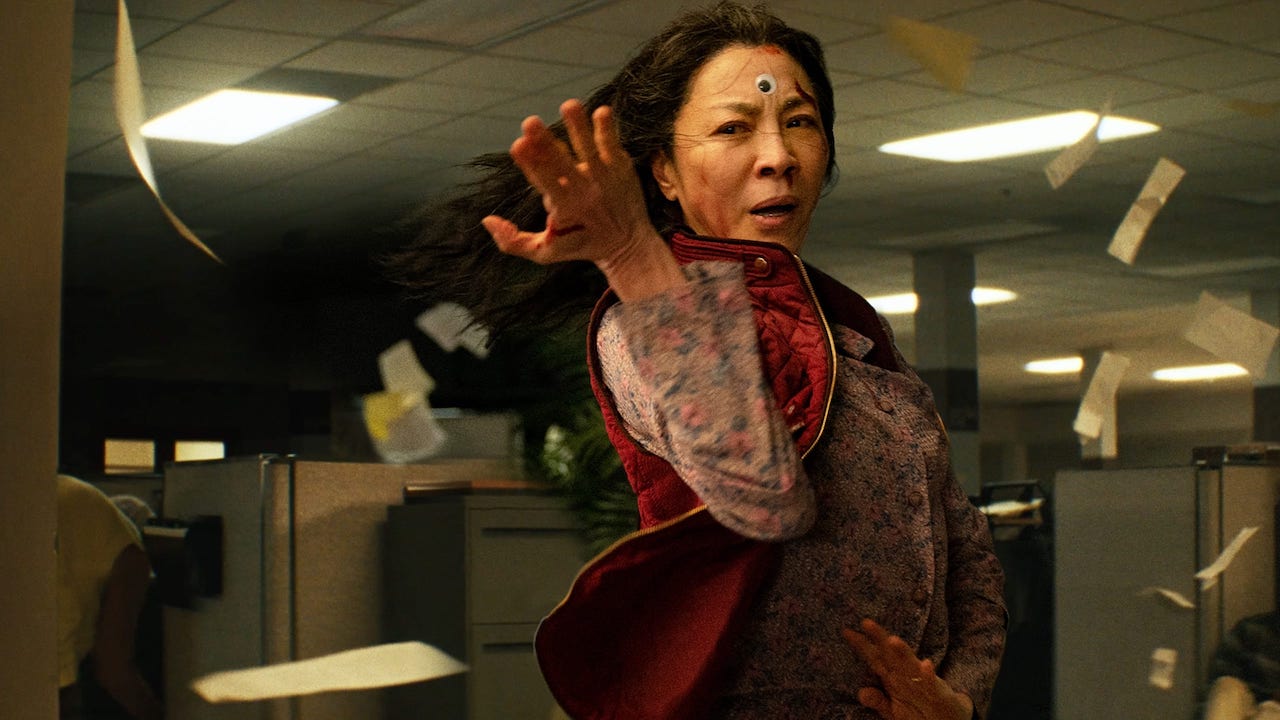
Multiverses Are Having a Moment
Whether it’s Marvel’s next epic arc or the indie movie that made it all the way to Best Picture, you don’t need us to tell you multiverses are fashionable right now. But since last year’s double-bill of Everything Everywhere and Doctor Strange 2, we’ve seen a multiplicity of other options—including a June double-bill of Across the Spider-Verse and The Flash. The Scarlet Speedster solo flick will have to answer the question facing every superhero multiverse film: will the multiverse be used in an interesting way, or is it an excuse for a corporation to trot out all their shiny IPs?
It’s not without its indulgences (especially towards the end), but The Flash focuses enough on its emotional throughline—Barry Allen altering his reality to save his mother’s life—for us to give it the benefit of the doubt. With dual performances from Ezra Miller as alternate versions of Barry, The Flash feels playful, and can access an emotional depth that more multiverse movies should strive for.
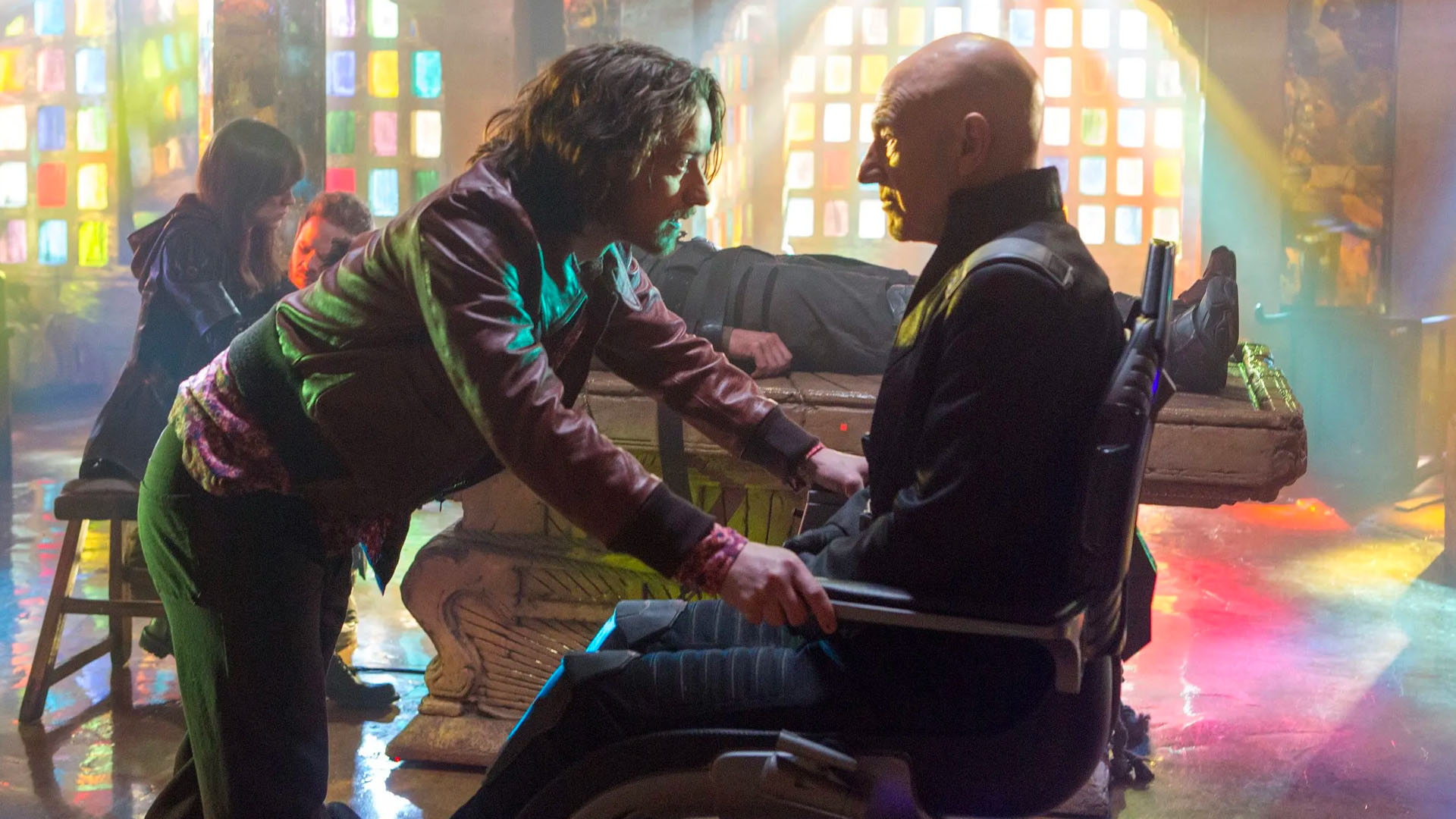
Let’s Do the Time-Warp
But The Flash isn’t just a multiverse movie, it’s a time-travel one too—riffing on Back to the Future and, well, a bunch of movies that subsequently riffed on Back to the Future (not to mention DC’s Flashpoint Paradox comic arc). Time travel stories are great for cinematic stakes—trying to correct the past is always a foolhardy endeavour, where any change to the past can have disastrous consequences. If any genre likes its stakes disastrous, it’s the superhero movie, but time travel is also well-suited to movies that can showcase younger/older characters and beloved returning cast members.
Avengers: Endgame is probably the first film that comes to mind regarding superhero time-hopping: the Infinity Saga finale told us not to worry about temporal logistics and just enjoy the whistle-stop tour of their greatest hits. But X-Men: Days of Future Past bears the most resemblance to The Flash—joining the old X-Men cast with the new one to tell a searing, character-driven story of saving your present to protect your future.
It’s not the only similarity they bear: Days of Future Past realised timeline resets were handy for cleaning up messy franchise continuity…









